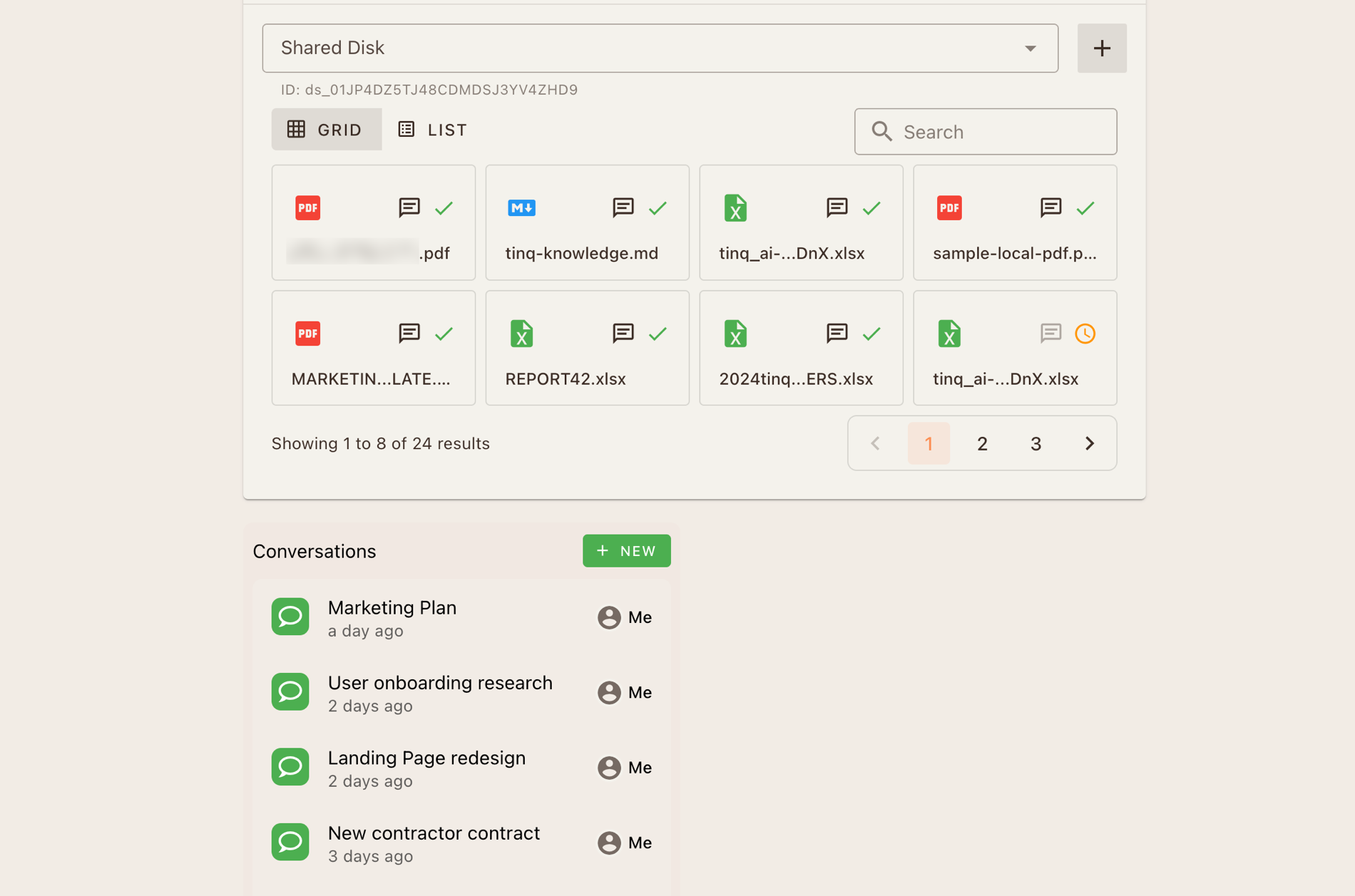AI Explains Photosynthesis for Elementary Students
Role: Act as an expert science educator specializing in simplifying complex topics for elementary school students (specifically 5th grade, ages 10-11).
Task: Create an explanation of the process of photosynthesis.
Objective: Produce a text that is highly engaging, accurate, easy to understand, and memorable for a 5th-grade reading level. Avoid complex scientific jargon where possible, or explain it very simply if necessary.
Key Elements to Explain:
- What is Photosynthesis$1 (The basic idea: plants making their own food).
- Who Does It$2 (Plants primarily).
- Where Does It Happen$3 (Mostly in the leaves).
- Ingredients Needed: Sunlight (energy), Water (absorbed by roots), Carbon Dioxide (from the air).
- The Process (Simplified): How the ingredients combine using sunlight energy.
- Products Made: Glucose/Sugar (plant food/energy), Oxygen (released into the air).
- Why Is It Important$4 (Provides food/energy for the plant AND produces oxygen essential for humans and animals).
Format & Style Requirements:
- Introduction: Start with a captivating hook or a relatable question (e.g., "Have you ever wondered how plants eat$5").
- Analogies: Use at least one clear analogy to explain the process (e.g., comparing the leaf to a tiny food factory or kitchen).
- Language: Use simple sentences and vocabulary suitable for 10-11 year olds.
- Structure: Break down the explanation into logical, digestible paragraphs or steps.
- Key Terms: Bold key terms like Photosynthesis, Sunlight, Water, Carbon Dioxide, Glucose (Sugar), and Oxygen the first time they are introduced.
- Engagement: Maintain a friendly, enthusiastic, and slightly wondrous tone.
- Conclusion: Briefly summarize the main points and reiterate the importance of photosynthesis.
- Optional: Include a fun fact or a simple question for the reader to ponder at the end.
